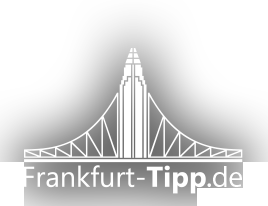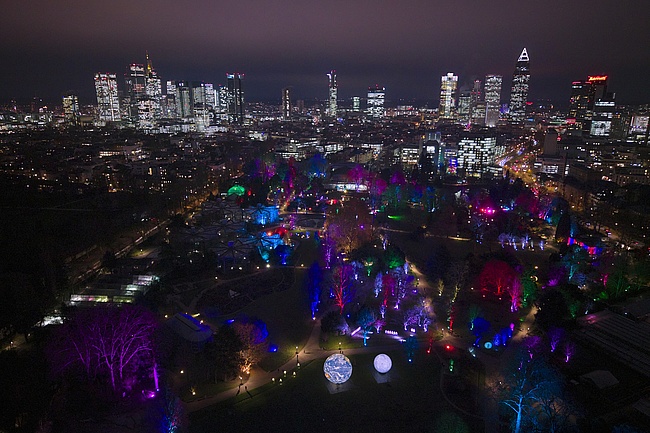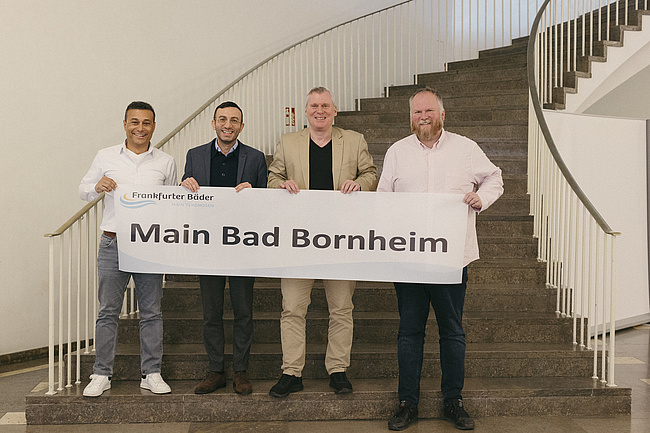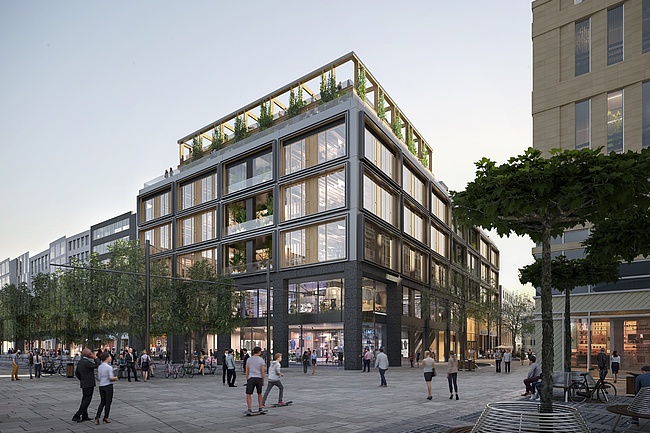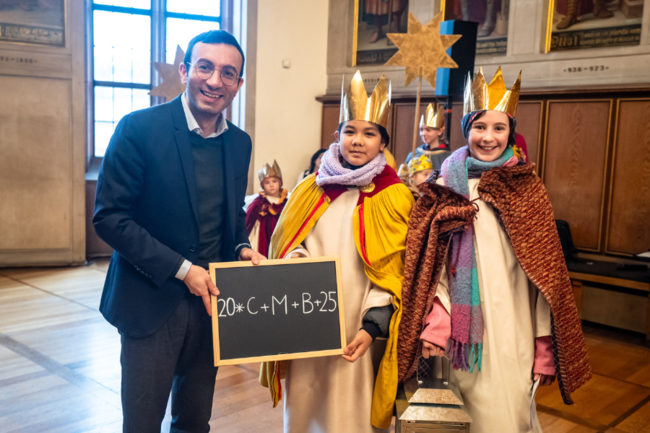The Film Museum turns 70! That's a reason to celebrate. But also a reason to reposition itself. Because like film, which is also constantly changing, the Deutsches Filmmuseum and the Deutsches Filminstitut, from which it emerged, naturally do not stand still in time. And so 2019 will see a new name, a new brand identity, a new study centre on Eschersheimer Landstraße, innovative exhibitions and other exciting projects.
Before looking ahead, however, there is first a brief look back. And it is a very successful one: 201,000 visitors to the Haus am Schaumainkai alone, 365,000 visitors worldwide: 2018, the first year of the new director Ellen Harrington, was a pleasing year in every respect. Harrington initiated a series of analytical processes right at the beginning. In addition to extensive visitor surveys, a working group began work in February on a new mission statement / statement of purpose, which also developed a new name that presents the international film heritage institution as a cohesive whole.
DFF - Deutsches Filminstitut & Filmmuseum - from now on this stands for an integrated organization that emerged from the former DIF and the Deutsches Filmmuseum, which opened in 1984. The abbreviation DIF already did not fit the name as an acronym after the German Institute of Film Studies was renamed "Deutsches Filminstitut" in 1998 and caused irritation again and again after the merger of Deutsches Filminstitut and Deutsches Filmmuseum in 2006. That is now an end. In 2019, the year of the institution's 70th birthday, it will present itself as a unified whole.
In addition to the new name and acronym, this naturally includes a new corporate design: a new logo and a new graphic concept that represents the house and all its departments and activities as one big whole. The aim was to make the brand more clearly recognisable and understandable at a glance. With a clear, almost classic logo and a fresh, very offensive colour concept, the Offenbach-based graphic design office Urban Media Project has implemented this brief to perfection. Their clever brand design, which focuses on the projection as a link between the analogue past and the digital present and future, will attract attention in the coming weeks and help to promote the new positioning of the house. The claim "Everything is film", which is derived from the mission statement, confidently rounds off the brand. It makes it clear that, from the point of view of the DFF experts, film addresses and develops the basic existential questions of life. It creates a cinematic world that touches people and makes them dream, that shows the visually beguiling as well as the ugly. Film inspires the imagination with themes and images that entertain, shock and challenge moviegoers. Everything that can be seen, heard and felt in the world can remind us of certain films and serve as inspiration for a new film. For the DFF, the motto is therefore quite clear: Everything is film!
At present, an appealing, responsive new website is being created, which will go online in spring and on which visitors will be able to intuitively discover the whole range of the DFF's offerings. This will of course include online ticketing for cinema-goers.
70 Years of the DFF
The film installation 70 Years in 70 Minutes, opening on March 25, presents German film since 1949 in a curated show. It kicks off the house's 70th birthday celebrations, which culminate in a ceremony with Minister of State Monika Grütters on Monday 20 May. On the same day, the new DFF - Fassbinder Center, Frankfurt will be opened - another highlight in the anniversary year. In the new study center on Eschersheimer Landstraße, the DFF will bundle its collections in the future, including centrally the estate of Rainer Werner Fassbinder, which was taken over in 2018, and make them accessible to the film-scientific public for research purposes.
Shortly thereafter, an interactive exhibition, Digital Revolution, will open on June 3, exploring the creative possibilities that digitization offers for the arts, especially, of course, the medium of film. The universal artist Maximilian Schell, whose estate the DFF took over two years ago, is the subject of a major autumn exhibition that combines multimedia elements with scenic installation and invites visitors to immerse themselves in Schell's artistic cosmos.
As early as February 1, there will be a visitor-oriented change in opening hours: The museum will be open on Fridays instead of Wednesdays until 8 p.m.






